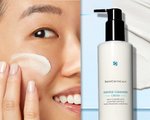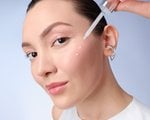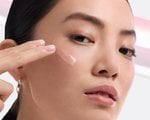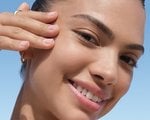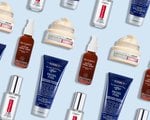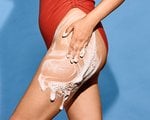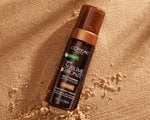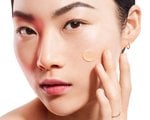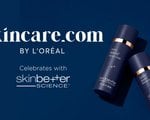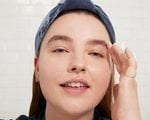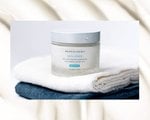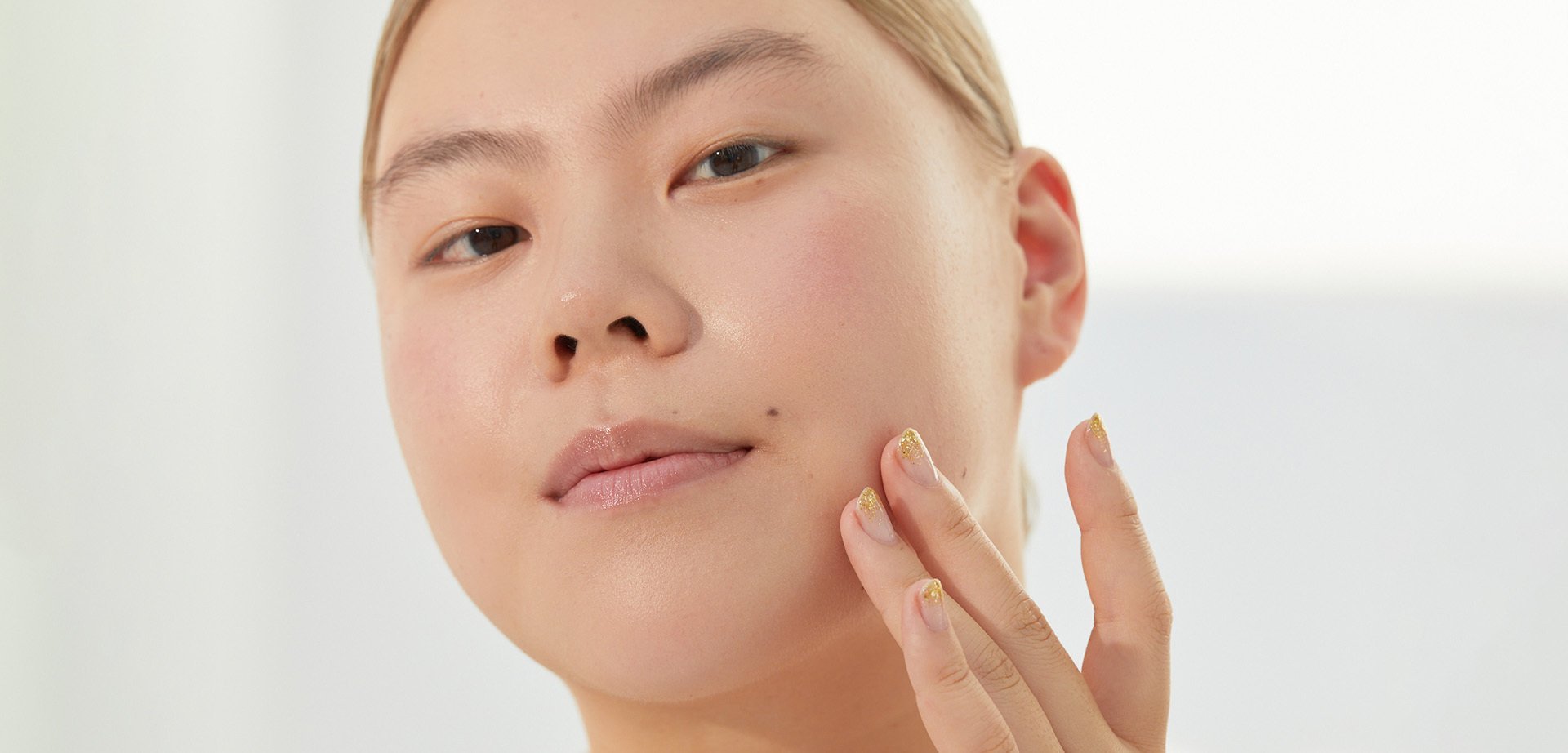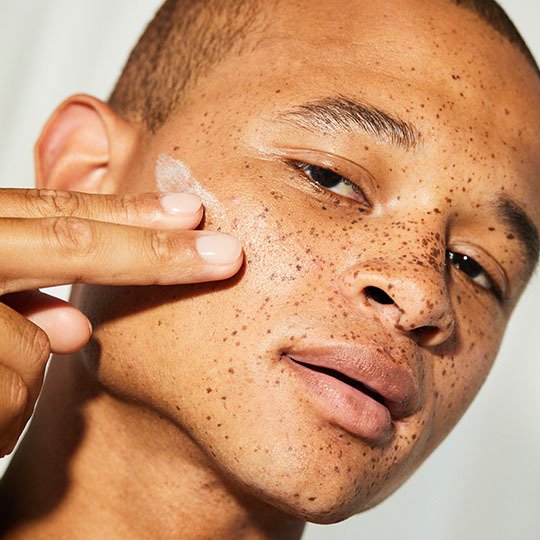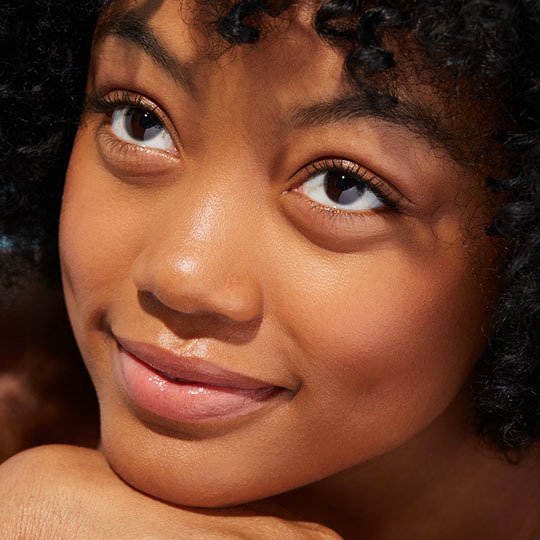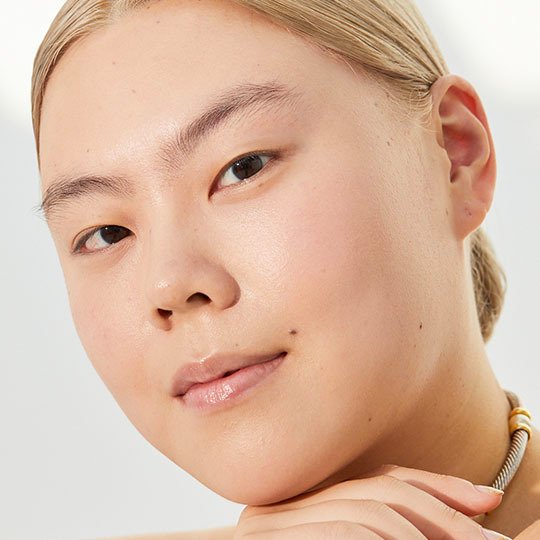The Best Moisturizers to Use After a Retinol
October 25, 2023
Moisturizer
What Is Moisturizer?
Moisturizer is an essential skincare product that helps provide moisture to your skin, lock in hydration and support your skin’s natural barrier. Moisturizers can come in many forms including creams, lotions, gels and oils.
What Does Moisturizer Do?
One of the primary benefits of moisturizer is to combat skin issues such as dryness and irritation. “Moisturizers are typically formulated with humectants, such as hyaluronic acid, that pull in water and add moisture back to the skin,” says Dr. Farhang. “Moisturizers also contain ingredients such as ceramides and fatty acids that play an important part in the structure of our skin and maintain the skin’s barrier.”
Moisturizers can also have other benefits depending on the formulation. For instance, if a moisturizer is formulated with aloe vera, it may have soothing properties, or if it contains SPF, it doubles as a sunscreen. In addition to all of the perks listed above, moisturizer can also help with easing your skin into tolerating a potentially irritating skincare ingredient such as retinol.
Who Should Use Moisturizer?
The bottom line? Everyone should use moisturizer twice a day as part of their regular skincare routine. Regardless of your skin type, it’s an essential step that not only will keep your skin healthy, but also help make it look more hydrated, youthful and radiant. Even if you are prone to oily skin, there are lightweight moisturizer options to suit your needs.
Retinol
What Is Retinol?
Retinol is a form of vitamin A that is most commonly used as an anti-aging skincare ingredient, but can also help tackle concerns such as acne, uneven skin texture and sun damage. It is a potent ingredient that takes some getting used to and is found in different concentrations in topical serums and creams.
What Does Retinol Do?
As mentioned, retinol (and retinoids in general) have a multitude of benefits which include helping to improve skin texture, minimizing fine lines, treating acne, unclogging pores and fading hyperpigmentation, says Dr. Farhang.
For all of the benefits that come with retinol, it’s important to be aware of the potential adverse effects. As a particularly potent ingredient, it can sometimes cause irritation and dryness. To prevent and minimize a negative reaction, it’s important to ease into retinol and choose a formula with a low percentage of the ingredient to start. This is a process called retinizing the skin. “I always encourage patients to go ‘low and slow’ with retinol,” says Dr. Campbell. “This means using a pea-sized amount one to two nights per week and then upping the frequency every two to four weeks as tolerated.”
Who Should Use Retinol?
Before adding retinol to your skincare routine, it’s a good idea to consult with a board-certified dermatologist to make sure the ingredient is right for you. That being said, if you struggle with acne or are starting to prioritize anti-aging, you might benefit from using retinol.
Should You Use Moisturizer Before or After Retinol?
Even if you go “low and slow,” retinol can be drying, especially as your skin gets used to it, so pairing it with a moisturizer is non-negotiable. As for the correct order of application, Dr. Farhang and Dr. Campbell both recommend moisturizing after applying your retinol to minimize irritation. “Moisturize on top of the retinol to help with the dryness, especially around the mouth, which is where many patients experience the most significant irritation and dryness,” says Dr. Campbell.
However, in some cases, it may be even better to apply moisturizer before and after your retinol. “For those that have sensitive skin and are easing into a retinol, they can use the ‘sandwich method,’ which is applying your moisturizer first, followed by a retinol, and then your moisturizer again,” Dr. Farhang explains. “The benefit of the sandwich method is that the moisturizer will create a protective barrier; however, it does decrease the absorption of the retinol.”
The Best Moisturizers to Use After Retinol
Dr. Campbell recommends looking for a hydrating and skin-strengthening moisturizer with ingredients like hyaluronic acid, niacinamide, peptides and ceramides. Hyaluronic acid is the ultimate hydrator, she says, while products with ceramides help restore the skin barrier and lock in moisture.
She also suggests using a formula that’s fragrance-free (to prevent further irritation) and non-comedogenic (to avoid clogging pores). With Dr. Campbell’s recommendations in mind, we’ve rounded up some of our favorite moisturizing formulas to apply after retinol.
SkinCeuticals Metacell Renewal B3
With a high concentration of niacinamide, Dr. Campbell says that this emulsion “helps calm inflammation and fade red and brown spots,” in addition to providing hydration. It also acts as an anti-aging face cream.

Youth To The People Superfood Air-Whip Moisture Cream
The superfood-extract blend of kale, spinach, alfalfa, and green tea in this Air-Whip Moisture Cream works with the hyaluronic acid to provide the long-retaining moisture your skin craves after a retinol. The best part? It feels super lightweight, unlike some heavy, greasy moisturizers.

L'Oréal Paris Age Perfect Midnight Night Face Cream
The antioxidants in the L'Oréal Paris Age Perfect Midnight Night Face Cream help repair the skin barrier and lock in moisture. The nourishing formula also works double-time to smooth wrinkles and give your skin a radiant glow. We love this night cream because it has the rich feel and sleek look of a high-end moisturizer, at an affordable drugstore price.

Kiehl's Ultra Facial Cream
The Kiehl’s Ultra Facial Cream is the brand’s best-selling face cream for a reason and once you try it, you’ll understand. The combination of squalane, glycerin, and glacial glycoprotein creates the perfect mixture for strengthening and restoring the skin barrier and making the skin softer while maintaining the skin’s moisture balance.

CeraVe Moisturizing Cream
The gentle CeraVe Moisturizing Cream is formulated with hyaluronic acid and three essential ceramides that will comfort dry skin. It’s also fragrance-free and accepted by the National Eczema Association, making it a perfect choice for those with sensitive skin. We like this moisturizer because you can use it on your face and your body, instead of having to spend extra money on two different creams.

Lancôme Advanced Génifique Night Cream
The Lancôme Advanced Génefique Night Cream features a hydrating, plumping combination of ceramides, hyaluronic acid and 10% bifidus prebiotic to help you wake up with softer, more radiant skin. Over time, it also minimizes the look of fine lines and wrinkles. Consider this night cream your key to plumper, more youthful looking skin.

La Roche-Posay Double Repair Moisturizer
Formulated with ceramide-3, niacinamide, glycerin and La antioxidant-rich thermal water, the lightweight La Roche-Posay Toleriane Double Repair Face Moisturizer works for all skin types, including sensitive. It’s free of drying alcohols and oils, plus it’s non-comedogenic.

IT Cosmetics Confidence in a Cream Anti-Aging Hydrating Moisturizer
If an anti-aging moisturizer equipped with niacinamide, squalane, and peptide-lipid complex sounds like your dream cream, you’ll love the IT Cosmetics Confidence in a Cream Anti-Aging Hydrating Moisturizer. The added hyaluronic acid will strengthen your skin barrier and lock in moisture.

Vichy Minéral 89
The hyaluronic acid in the Vichy Minéral 89 moisturizer strengthens and restores the skin and has plumping hydration. It’s great for all skin types, especially dry and sensitive skin.

Thayers Barrier Bestie Ultra Whip Face Cream
Do you struggle with dry skin in the winter months? Join the club, and check out the Thayers Barrier Bestie Ultra Whip Face Cream. Infused with squalane and ceramides, this moisturizer has a thick, creamy consistency that hugs your skin and locks in hydration for up to 72 hours.

Bliss Drench & Quench Hyaluronic Acid Moisturizer
The Bliss Drench & Quench Hyaluronic Acid Moisturizer is Dr. Farhang’s pick for a face cream to use after retinol. “I love this product due to its lightweight formulation and additional skincare benefits,” she says. “This is great for those who don’t want a product that feels too heavy and greasy, especially those with oily or [breakout]-prone skin.” According to Dr. Farhang, it delivers that necessary hydration for post-retinol use, but isn’t too occlusive.
